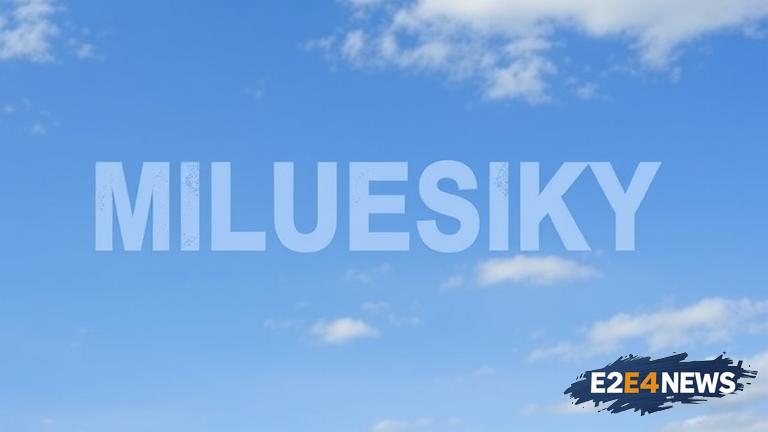In a move that has sparked controversy, Bluesky, a social media platform, has blocked access to its services in Mississippi. The decision comes after the state passed an age verification law that requires social media companies to verify the age of their users. Bluesky has cited concerns over free speech and privacy as the reason for blocking access to its platform in Mississippi. The company claims that the law would compromise the privacy of its users and stifle free speech. The age verification law, which was passed in Mississippi, aims to protect children from online harm by requiring social media companies to verify the age of their users. However, Bluesky argues that the law is too broad and would require the company to collect sensitive information from its users, which would compromise their privacy. The company also claims that the law would stifle free speech by requiring social media companies to remove content that is deemed inappropriate for children. Bluesky is not the only company to raise concerns over the age verification law. Other social media companies have also expressed concerns over the law, citing similar issues with free speech and privacy. The law has been criticized by civil liberties groups, who argue that it would give the government too much power to regulate online content. The American Civil Liberties Union (ACLU) has spoken out against the law, arguing that it would compromise the privacy of social media users and stifle free speech. The law has also been criticized by tech companies, who argue that it would be too difficult to implement and would compromise the privacy of their users. Despite the criticism, the law has been passed in Mississippi and is set to go into effect soon. Bluesky’s decision to block access to its services in Mississippi is seen as a response to the law. The company has stated that it will continue to advocate for the rights of its users and will work to ensure that its platform remains a safe and private space for all users. The move has sparked a debate over the role of social media companies in regulating online content and the balance between protecting children and preserving free speech. The issue is complex and has sparked a national conversation over the role of government in regulating online content. As the debate continues, it remains to be seen how other social media companies will respond to the age verification law. Some companies may choose to comply with the law, while others may follow Bluesky’s lead and block access to their services in Mississippi. The outcome of the debate will have significant implications for the future of social media and the balance between protecting children and preserving free speech. In the meantime, Bluesky’s decision to block access to its services in Mississippi has left many users in the state without access to the platform. The company has apologized for the inconvenience and has stated that it will continue to work to find a solution that balances the needs of its users with the requirements of the law. The issue is a complex one and will likely continue to be debated in the coming months. As the situation continues to unfold, it remains to be seen how the age verification law will be implemented and how social media companies will respond. One thing is certain, however: the debate over the age verification law will have significant implications for the future of social media and the balance between protecting children and preserving free speech. The law has sparked a national conversation over the role of government in regulating online content and the balance between protecting children and preserving free speech. The outcome of the debate will have significant implications for the future of social media and the balance between protecting children and preserving free speech. The issue is complex and will likely continue to be debated in the coming months. As the situation continues to unfold, it remains to be seen how the age verification law will be implemented and how social media companies will respond.
